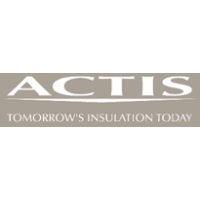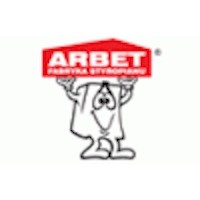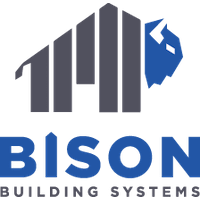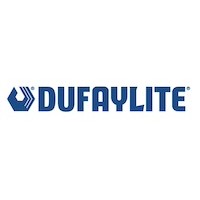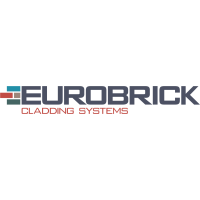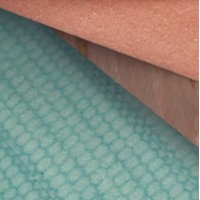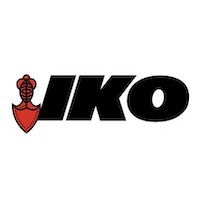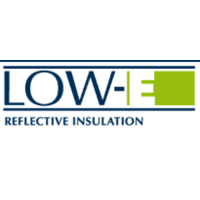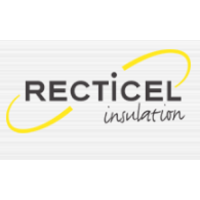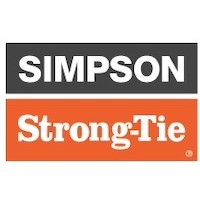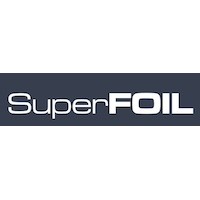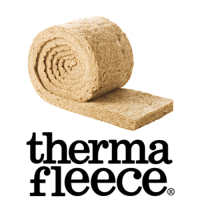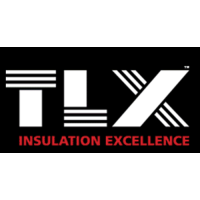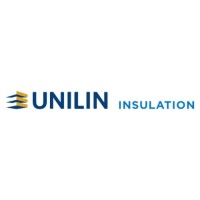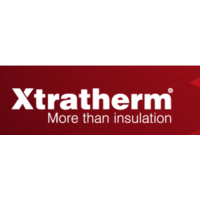The Benefits of Ceiling Insulation
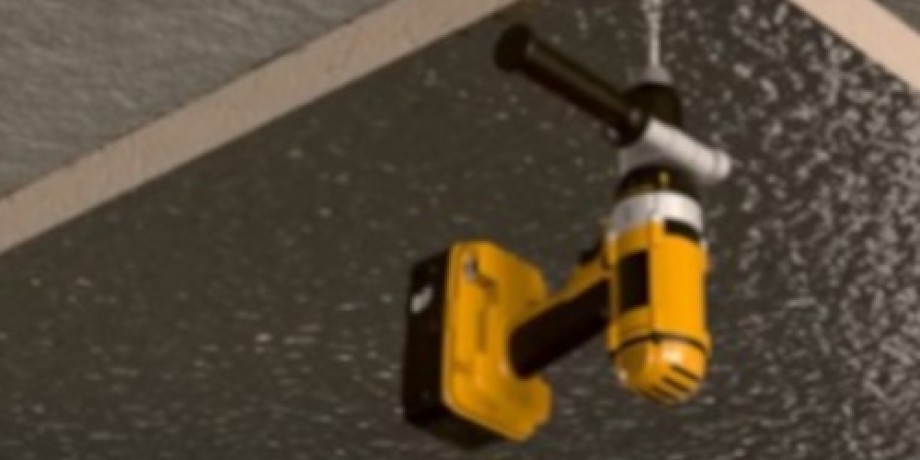
by Mark Row
Is It Worth the Cost?
Have you ever spotted big water marks on your ceiling although you have quite recently repaired your roof and you know that it is in a solid shape, meaning that it hasn’t let any rain water in? Or, during the winter, you have your heating devices constantly turned on and you are still not able to maintain a stable inner temperature within your home? Well, one potential reason could be lack of proper ceiling insulation. Namely, it is well known that hot air, as being lighter, travels up so if there is no barrier to prevent it from getting out, you will end up with a cold room and extremely high electricity bills to take care of. Instead of trapping the heat inside, your ceiling will simply allow it to escape outside through those tiny gaps and cracks that can appear over time. This can be taken care of with proper insulation added which is however only one of the potential benefits of ceiling insulation.
Popping Out the Big Question
Prior to talking about some basic advantages of insulation, we will introduce a very popular dilemma nowadays and try to resolve it for you. You have probably encountered different articles and texts on is ceiling insulation really a good idea. Well, if those lines got you worried, do not be, since there is a simple answer to your question whether to insulate.
You will have to know that there is some truth to both stands. Although it may sound contradictory, adding insulation can have both advantages and disadvantages depending on the context and concrete situation. Namely, if your ceiling that is your top floor is located directly under the roof (meaning that there is no free attic space underneath), ceiling insulation is a good thing and can bring all the benefits we will consider later on. On the other hand, if you have some loft space under the roof which can easily be turned (or already is) into a living space, it is a much better idea to insulate your roof construction. The reasons are more than obvious. By adding insulation to the top floor, you will simply leave the loft space completely cut off from the rest of your interior with no heat source whatsoever. This means that you will have to heat up (or cool down) your attic space additionally which will only generate more costs. By adding roof insulation you will stay on the safe side, since it will provide a barrier and protection for both loft space and the floors underneath.
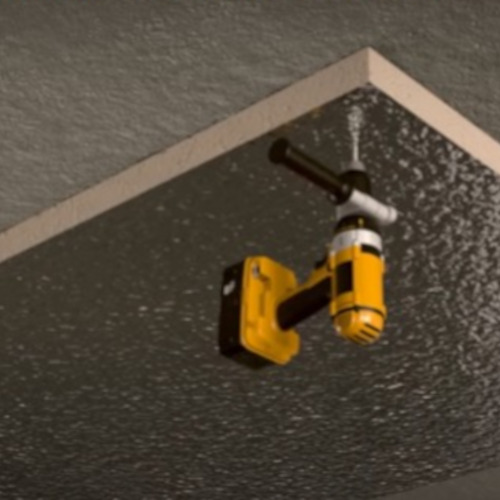
Insulation Options
Now, there are two basic insulation options. One is found in loose-fill insulation and the other in traditional roll or blanket insulation. Both are very effective and can go a long way, so your choice will depend on the accessibility of the ceiling space.
If there is enough space to walk around, we would suggest you choose traditional blanket insulation such as glass wool (usually packed in batts and rolls) since it is simply used to cover the ceiling joists that is rolled over them. The material is compressed into plastic packages so the transportation is quite easy, but it will expand once released (make sure not to compress it since it can loose its productivity). On the other hand, if your ceiling space is hard to access and there is no safe ground for you to step on, it is better to use some loose-fill insulation which however needs to be installed by a professional.
What are the Benefits?
If you have concluded that ceiling insulation is your thing, this is what you will get:
- Improved energy efficiency. As you have probably noticed yourself, once the insulation material has been properly added to your ceiling, your home will be able to maintain a stable and constant temperature throughout the year. During the winter the heat will travel up, but it will not pass the insulation installed, while during the summer, the heat shall remain trapped underneath your roof with no risk of traveling down and additionally heating up your living space.
- Reduced negative environmental impact. Although ecological side of installed ceiling insulation is a somewhat complicated topic to be considered here, we shall only mention that improved thermal performance of your home will lead to lower energy consumption and thus less harmful gases emitted into the atmosphere.
- Money savings. Probably the most important item on this list are the money savings that come with not only ceiling, but any other insulated space. The more your home can maintain a constant temperature throughout the year, the less energy you will have to waste on additionally cooling or heating the space.
- Taking care of moisture problems. Finally, since located directly under the roof, your ceiling is under the direct influence of the weather conditions including rain and all the water that can build up. Well, if you roof is leaking or needs any repair work, it is wise to take care of it prior to adding insulation to your ceiling. Once the insulation material has been installed, it will take care of the moisture problems from that point on, since it will keep the house protected from mould and mildew by allowing all the excessive moisture to escape out, instead of building up underneath the roof.
Choose ceiling insulation products from our wide seletion of insulation materials for your home improvement project, or seek advice from our experts. You are welcome to leave a comment or share the article.

